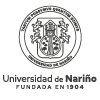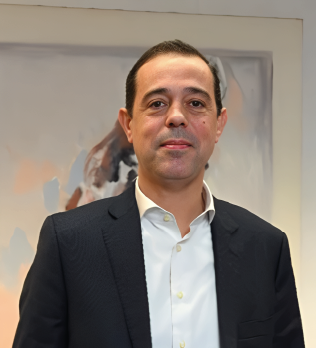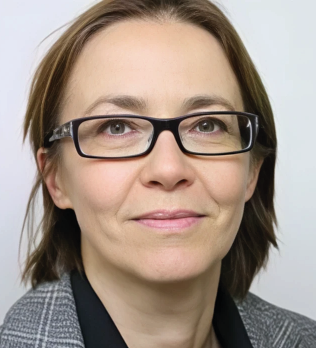Luis Miguel Madeira, Full Professor in Chemical Engineering Faculty of Engineering – University of Porto, Portugal
Background: L.M. Madeira graduated in Chemical Engineering (1993) and received his PhD (1998) from the Technical University of Lisbon (IST, Portugal) in Chemical Engineering – heterogeneous catalysis. He joined the Faculty of Engineering – University of Porto (FEUP) in 1999 where is presently Full Professor in the Department of Chemical and Biological Engineering.
Areas of action and research interests: L.M. Madeira is the Scientific Coordinator of the research unit LEPABE (Laboratory for Process Engineering, Environment, Biotechnology and Energy), with over 250 researchers. He is member of the Working Party on Chemical Reaction Engineering (WP-CRE) from the European Federation of Chemical Engineering (EFCE). His main research interests include multifunctional reactors (adsorptive-based, membrane-based, etc.) for CO2 capture and valorisation (e.g., CO2 methanation), H2 production and purification technologies (e.g., reforming, watergas shift), and the use of Advanced Oxidation Processes for the treatment of gases and water/wastewater.
L.M. Madeira been the Director of Studies of the Bachelor and Master in Chemical Engineering at FEUP (2012-2023), where he teaches mostly distinct Reaction Engineering subjects
Scientific career: L.M. Madeira authored/co-authored 1 book on Sorption Enhanced Reaction Processes (World Scientific, 2017), 12 book chapters, ca. 240 articles in peerreviewed internationals journals, about 280 communications in conferences and 4 patents. He has participated in ca. 40 research projects, either as a coordinator or as a member of the team, including national and EU funding projects.
He was/is the advisor/co-advisor of 17 postdoc level researchers, 30 PhD students (24 theses already completed, 5 of them in companies) and ca. 60 dissertations of master students.
Awards and recognitions: L.M. Madeira was the winner of the Air Liquide Scientific Challenge 2023, in the topic “Energy storage using essential small molecules”, with the idea entitled “CYCON – Cyclic device for continuous CO2 capture and conversion into CH4”. He was awarded the “Pedagogical Excellence Prize” in 2015/16 and the “Scientific Excellence Prize” in 2020, both by FEUP, among several other scientific prizes. Since 2019, he was always considered in the Stanford University ranking for the top 2% of researchers worldwide, both in terms of most cited authors and in the list of authors with outstanding careers.





